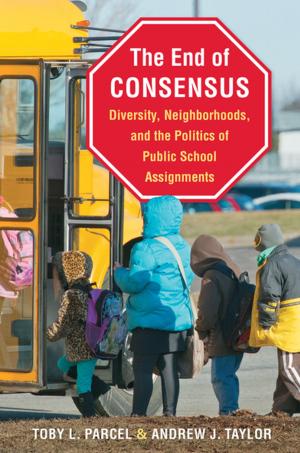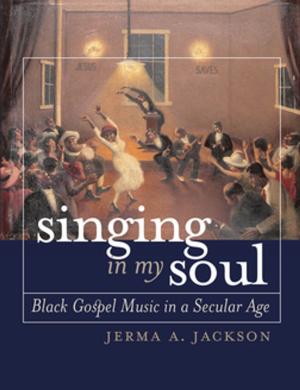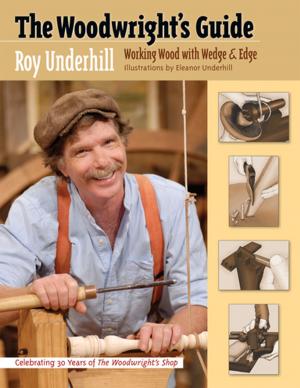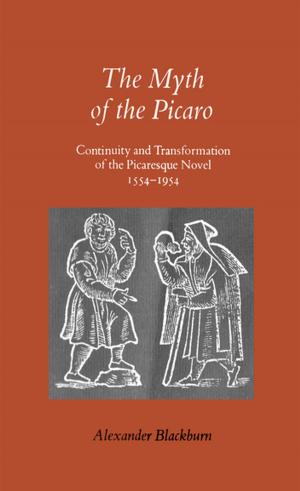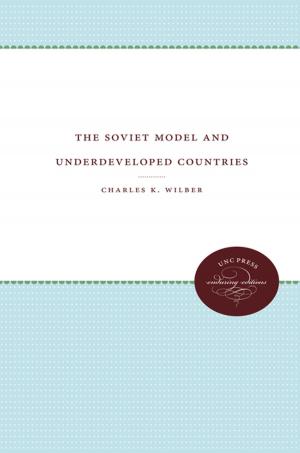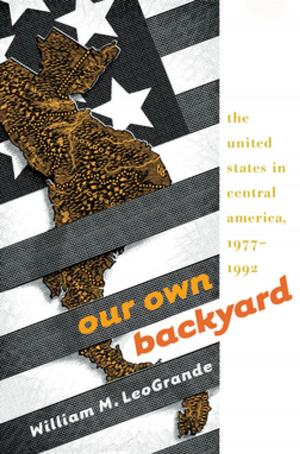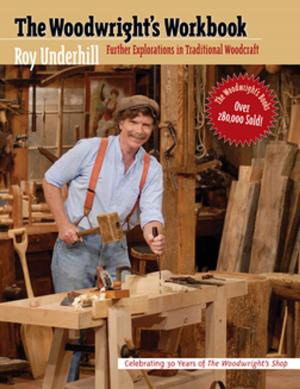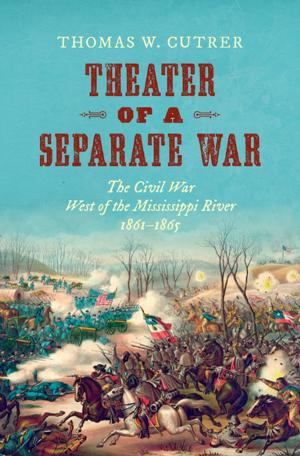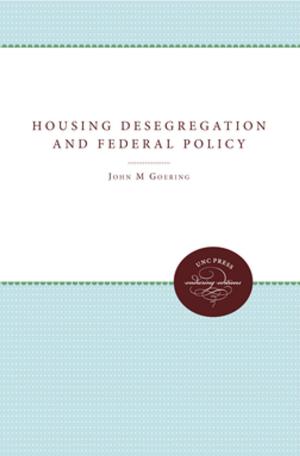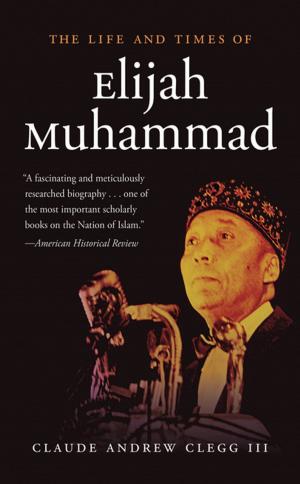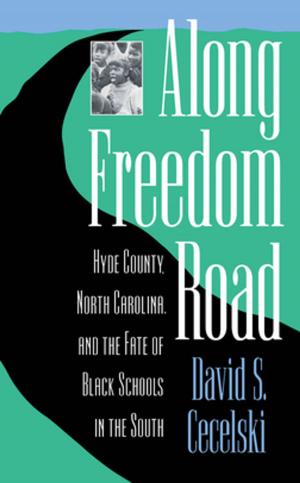Highland Heritage
Scottish Americans in the American South
Nonfiction, Social & Cultural Studies, Social Science, Cultural Studies, Ethnic Studies, Anthropology| Author: | Celeste Ray | ISBN: | 9781469625805 |
| Publisher: | The University of North Carolina Press | Publication: | December 1, 2015 |
| Imprint: | The University of North Carolina Press | Language: | English |
| Author: | Celeste Ray |
| ISBN: | 9781469625805 |
| Publisher: | The University of North Carolina Press |
| Publication: | December 1, 2015 |
| Imprint: | The University of North Carolina Press |
| Language: | English |
Each year, tens of thousands of people flock to Grandfather Mountain, North Carolina, and to more than two hundred other locations across the country to attend Scottish Highland Games and Gatherings. There, kilt-wearing participants compete in athletics, Highland dancing, and bagpiping, while others join clan societies in celebration of a Scottish heritage. As Celeste Ray notes, however, the Scottish affiliation that Americans claim today is a Highland Gaelic identity that did not come to characterize that nation until long after the ancestors of many Scottish Americans had left Scotland.
Ray explores how Highland Scottish themes and lore merge with southern regional myths and identities to produce a unique style of commemoration and a complex sense of identity for Scottish Americans in the South. Blending the objectivity of the anthropologist with respect for the people she studies, she asks how and why we use memories of our ancestral pasts to provide a sense of identity and community in the present. In so doing, she offers an original and insightful examination of what it means to be Scottish in America.
Each year, tens of thousands of people flock to Grandfather Mountain, North Carolina, and to more than two hundred other locations across the country to attend Scottish Highland Games and Gatherings. There, kilt-wearing participants compete in athletics, Highland dancing, and bagpiping, while others join clan societies in celebration of a Scottish heritage. As Celeste Ray notes, however, the Scottish affiliation that Americans claim today is a Highland Gaelic identity that did not come to characterize that nation until long after the ancestors of many Scottish Americans had left Scotland.
Ray explores how Highland Scottish themes and lore merge with southern regional myths and identities to produce a unique style of commemoration and a complex sense of identity for Scottish Americans in the South. Blending the objectivity of the anthropologist with respect for the people she studies, she asks how and why we use memories of our ancestral pasts to provide a sense of identity and community in the present. In so doing, she offers an original and insightful examination of what it means to be Scottish in America.

